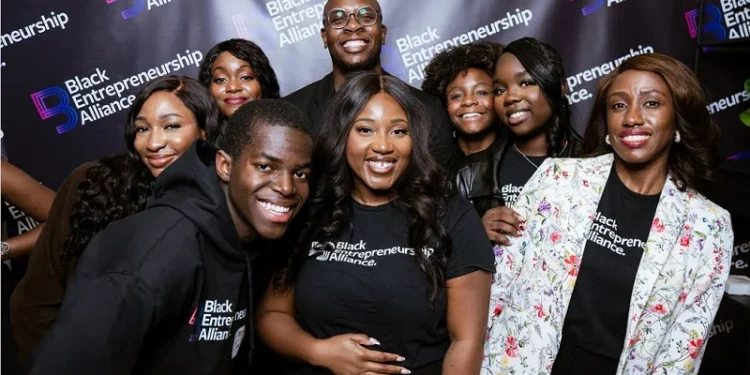A growing number of founders, investors, and policymakers are turning their attention to how Canada’s Black communities can shape the country’s tech economy. Building tech businesses that serve these communities requires an extensive cultural understanding, targeted investment, and new models of trust.
A Persistent Funding and Access Gap
Black Canadians remain underrepresented in entrepreneurship. While 2.3% of Canadian adults are entrepreneurs, only around 1.3% of Black adults are. Among Black women, the figure is even lower.
Access to funding remains the biggest barrier. Three out of four Black entrepreneurs say financing is their top challenge. Many struggle to secure small amounts of early-stage capital, and a majority believe their race makes building a successful business harder.
These gaps are particularly visible in the tech sector, where networks, investors, and accelerators often mirror existing inequities in the wider economy.
Emerging Ecosystems of Support
Across the country, a growing ecosystem of programmes and founders is helping to close the gap.
Black-focused incubators and accelerators are creating space for early-stage founders to access networks and capital.
Programmes such as the Black Innovation Fellowship offer targeted support, including mentorship, business strategy, and access to investors.
Founders like Tamar Huggins are building tech ventures rooted in cultural relevance and social impact, showing how lived experience can translate into successful products.
Government programmes such as the Black Entrepreneurship Program are directing new funding streams to address financing gaps and expand capacity.
Designing for Real Community Impact
Building a sustainable tech business that serves Black communities requires practical design choices:
Embedding cultural relevance in product and user experience to build trust and adoption.
Offering accessible pricing models to lower entry barriers.
Partnering with trusted community organisations to extend reach and credibility.
Combining commercial revenue with grants or community funding to sustain early growth.
Creating strong feedback loops to adapt products to evolving community needs.
Structural Challenges to Overcome
Persistent bias in financing channels limits access to venture capital and loans.
Trust gaps between institutions and communities make adoption slower.
Scaling can dilute cultural relevance if not managed carefully.
Limited talent pipelines in some regions hinder recruitment and growth.
Regulatory and financial system barriers increase startup friction.
Companies Leading the Way
Several Black-led tech ventures in Canada are demonstrating what is possible when products are designed with community in mind. Tech Spark, founded by Tamar Huggins, focuses on creating culturally responsive education technology for Black and marginalised students. BKR Capital operates as a Black-led venture capital firm, backing early-stage founders of African descent. Wealthsimple, though not Black-owned, has made targeted inclusion efforts by supporting Black tech initiatives and financial literacy programmes. These examples illustrate how tech companies can directly serve or uplift Black communities, either through ownership or intentional impact.
A Pathway to Inclusive Innovation
When tech businesses are built by and for Black communities, they unlock both economic and cultural value. They generate new wealth within historically underserved groups, bring more diverse products to market, and expand representation across Canada’s innovation landscape.
The opportunity now lies in pairing cultural insight with capital, policy support, and community networks. Done right, this approach can reshape both how tech businesses are built and who they are built to serve.













